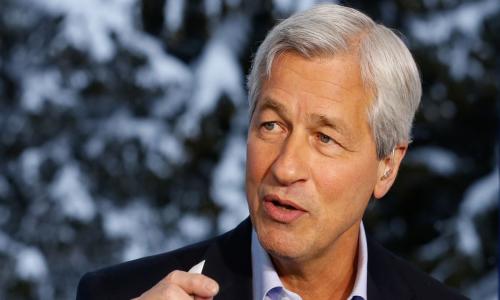Sovereign Bank was quietly purchased by Banco Santander after a run caused it to face collapse. More of this is coming even with the government bailout.Sovereign has a large franchise in New England. It's always been the #3 bank in the region and many thought that it was vulnreable.
In the last quarter the FDIC said customers pulled $4.2 billion, or almost 9 percent of deposits from the bank before the government's $700 billion government rescue plan. The Boston Globe spells out the last days of the bank as in independent entity, including the State of Massachusetts withdrawing $300 million in funds as Sovereign stock dropped and the bank looked increasingly shaky.
"When Massachusetts treasury officials called Sovereign to ask why the stock had fallen below $3, they couldn't get a good answer, said Cahill, the Massachusetts treasurer. Bank officials were attributing the drop to the market's overall plunge; the Dow Jones industrial average fell 777 points, its worst one-day point loss, after the first version of the bailout bill failed to pass.
The state Treasury had a total of $575 million at Sovereign. Of that, $275 million was for state operations, money that was collateralized, or insured against any losses. But the other $300 million, which covered a number of programs, was uninsured.
The treasury staff first started worrying about the stock price at about 2 p.m. By 2:55 p.m., it had advised Cahill that the state should move the funds. "I said, 'Do it,' " Cahill recalled.
And within 20 minutes, the funds were wired out - not to another bank, but to Fidelity, the Boston investment giant that manages $7.5 billion in state and municipal funds in a money market account."
The run would have resulted in failure but the FDIC intervened and had Banco Santender, an existing shareholder buy the rest of the company for approximately $1.2 billion.
In response, the FDIC has decided to provide unlimited protection through 2009 for non- interest bearing accounts that process payments for payrolls and are used by businesses.










Add your Comment
use your Google account
or use your BestCashCow account